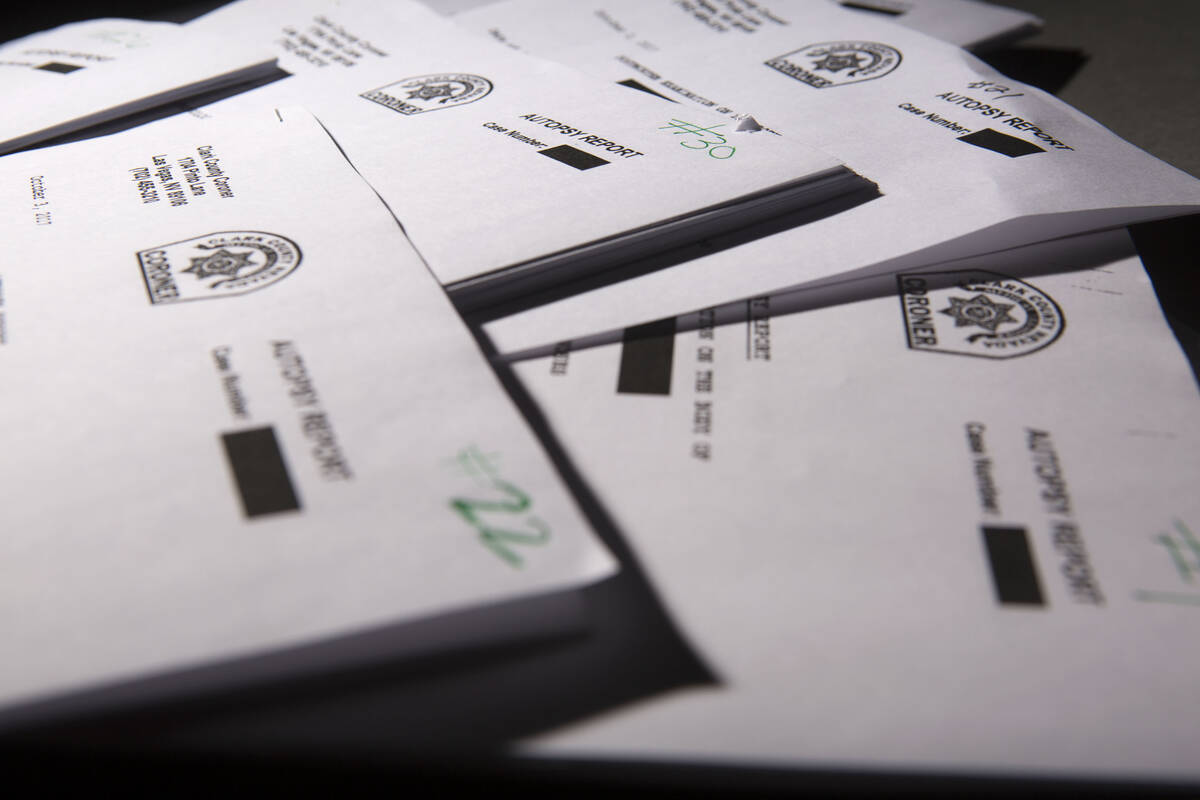EDITORIAL: School district officials flout the law on public records
Nevada lawmakers have approved billions in more education funding, the majority of which will go to the Clark County School District. Decades of experience makes clear that majority Democrats have no interest in attaching significant accountability measures to that new money, but is it too much to ask that they demand district officials operate within the realm of state law?
As part of the Review-Journal’s “What Are They Hiding?” initiative, the newspaper has requested information from the district on any excessive force investigations conducted involving school police. But district officials refuse to release the records or to confirm that any officers have been disciplined. How is the public supposed to judge the performance of officers, or those paid to supervise them, if the force is shrouded in secrecy?
At a legislative hearing earlier this year, school police Chief Mike Blackeye told lawmakers that five officers had been the subjects of use of force probes over the past three years, but the outcomes of the investigations were “not public.” That shouldn’t have been an acceptable response. Nevertheless, the Legislature will direct billions of new funding to the district, a portion of which is supposed to help stem rising school violence.
District officials claim that a 1990 Nevada Supreme Court decision, Donrey v. Bradshaw, allows them to apply a “balancing test” to determine whether transparency is in the public interest. But this is a willful misreading of the decision and law.
“Actually, Donrey v. Bradshaw stated that the courts could apply a balancing test, not every bureaucrat in custody of records deemed public by virtue of the Nevada Public Records Act,” wrote long-time Nevada journalist Thomas Mitchell in 2020. “Also, the balancing test that the court applied did not withhold records but rather declared that records otherwise deemed confidential by law could be made public if it was in the best interest of the public. It was a victory for the media and the public, not a loss.”
The records in question are not specifically exempted from open records laws, despite the district’s contention, and thus should be available for inspection. In fact, in March, a unanimous state Supreme Court held that investigative documents regarding a Highway Patrol trooper could be made public with some redactions. The same standard should apply here.
Make no mistake, the district’s intransigence isn’t about protecting confidential student information or preserving the integrity of an ongoing probe. It’s about shielding the district — and certain police officers — from embarrassing revelations. For Nevada taxpayers who are continually asked to make more “investments” in the public schools, it’s a clear signal that, when it comes to student achievement and district transparency, they’ll get no bang for their buck.

















